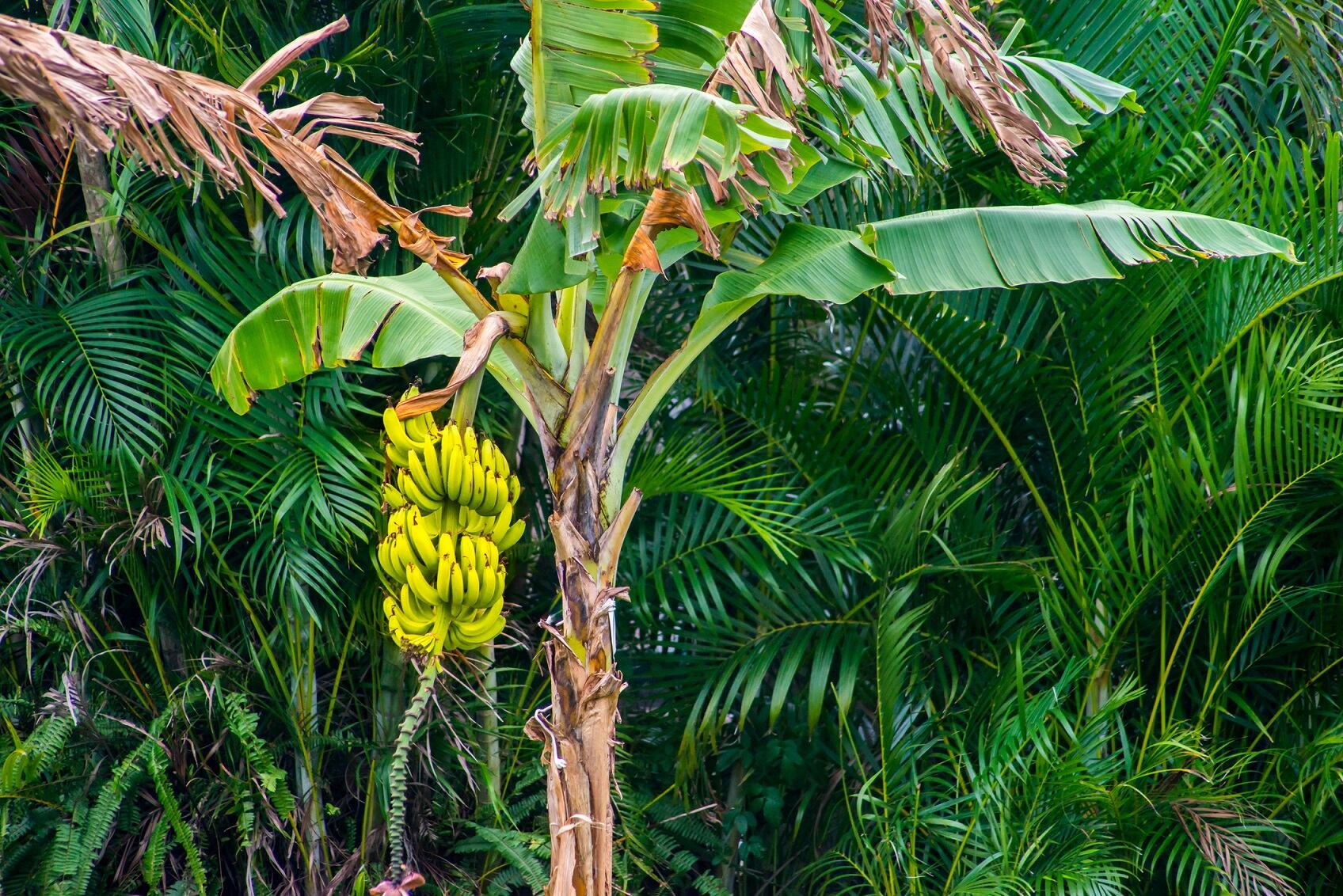Through its Crop Science division, the company partnered with the Inter-American Institute for Cooperation (IICA), fruit companies, producer associations and researchers to announce “tangible actions” centered on prevention and training, reproduction and genetics, and control mechanisms.
“The TR4 challenge is clear. Without new and improved ways to control, mitigate and prevent the disease, the effects on food security could be significant, especially for farmers and workers in low and middle income countries,” said Gabriel Rodriguez, Manager of IICA’s Project Management Unit, charged with coordinating the global efforts.
Without significant intervention, he says, TR4 could spread to up to 1.6 million hectares of banana plantations by 2040, affecting an annual production potential of 36 million tonnes with an estimated value of approximately $10 billion at current prices.
TR4 has already infested crops in Southeast Asia and spread to the Middle East and Africa. Last August, the Colombian Agricultural Institute declared a national state of emergency after the disease appeared in the northeastern department of La Guajira — the first known case in Latin America. Colombia, one of the top banana producers in the world’s top banana exporting region, acted quickly and eradicated 175 hectares of quarantined land.
The global strategy – expected to be ready by summer 2020 for presentation at a multi-stakeholder meeting for commitment and funding – contributes to a joint Bayer-IICA work agenda announced last year to drive the development of sustainable agriculture and foster food security in Latin America and the Caribbean.
A set of tangible actions
Efforts will first focus prevention and training actions on strengthening the relationship between industry, non-governmental organizations, buyers and extension officers. This area includes pilot training programs in each region where TR4 is present.
Researchers will also evaluate reproduction processes and programs to improve efficiency and will experiment with germplasm (living tissue from which new plants can be grown to adapt to new realities). Thus far, the development of resistant banana varieties through breeding or gene editing, although challenging, has been found to be the most effective tool against the disease.
The third line of action will involve testing the effectiveness of Bayer products that are already used in other crops.
“Bayer is an innovation company permanently focused on seeking new biological and chemical solutions. For now, we have products which delay the disease or which may make the banana plant stronger in resisting the fungus. New ideas and products used in other crops are being tested by our researchers to determine if they can also be used in bananas against TR4,” Rodriguez told FoodNavigator-LATAM.
The trouble with Fusarium TR4
The soil-borne fungus causes many varieties of plantains and bananas to wilt and die, including Cavendish cultivars, developed in response to the previous strain of the Panama disease and the source of 99% of banana exports.
“TR4 damages the roots and stems of the plant and, while not harmful to human health, can lead to 100 percent yield losses,” according the United Nations Food and Agriculture Organization, which is leading its own efforts against TR4 with the World Banana Forum.
Spread largely by contaminated soil and infected plant materials, the virus is carried on shoes, tools and tires, or through irrigation runoff. Fungal spores remain active in the soil for decades, and to date, there is no chemical, biological or genetic control capable of counteracting this pathogenic action.

